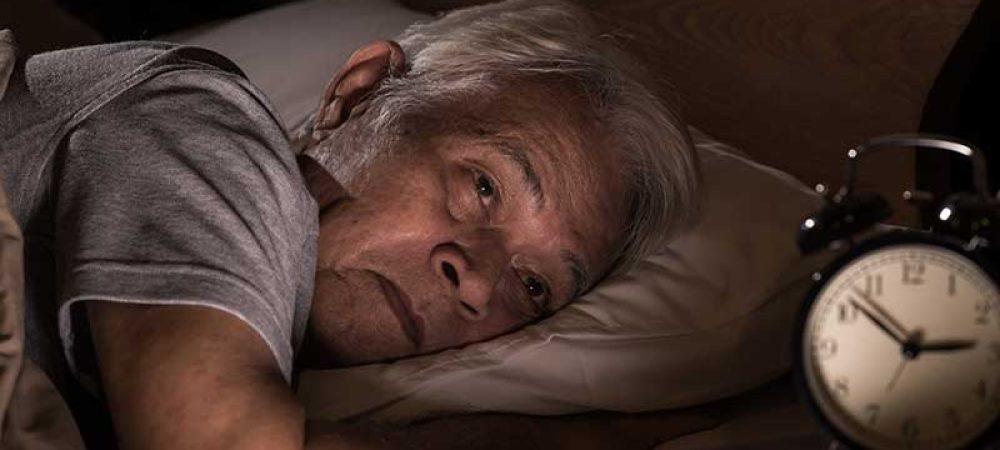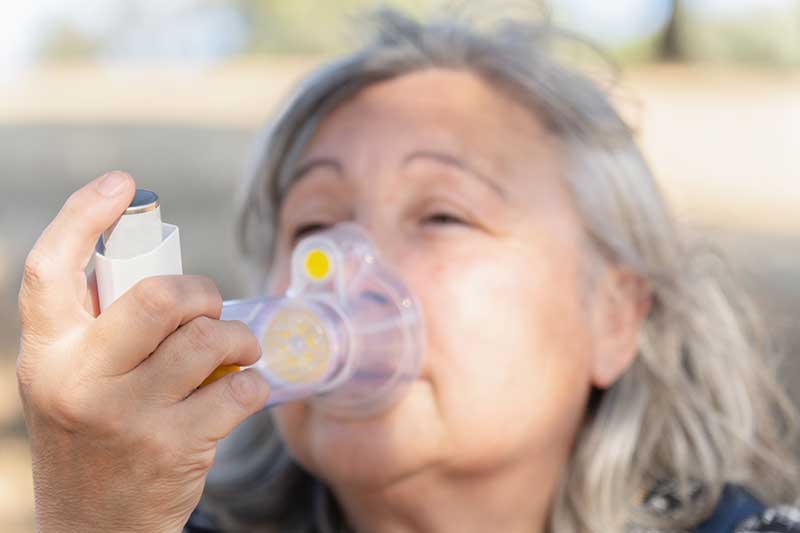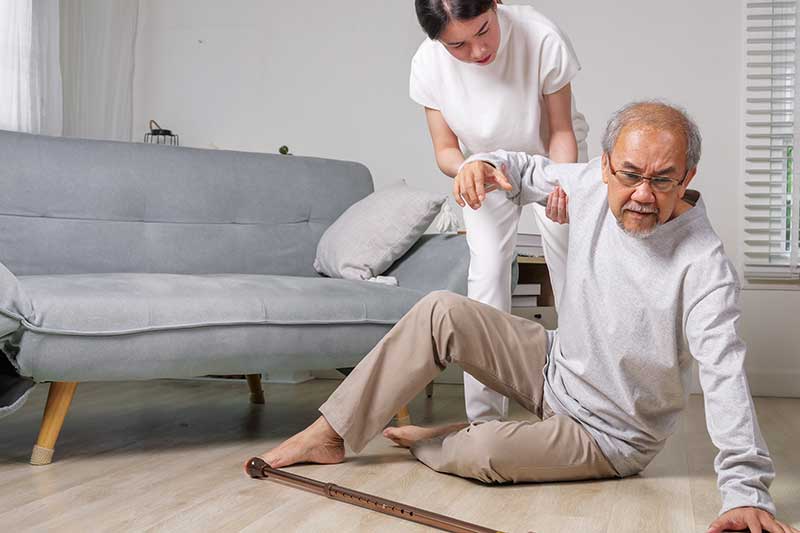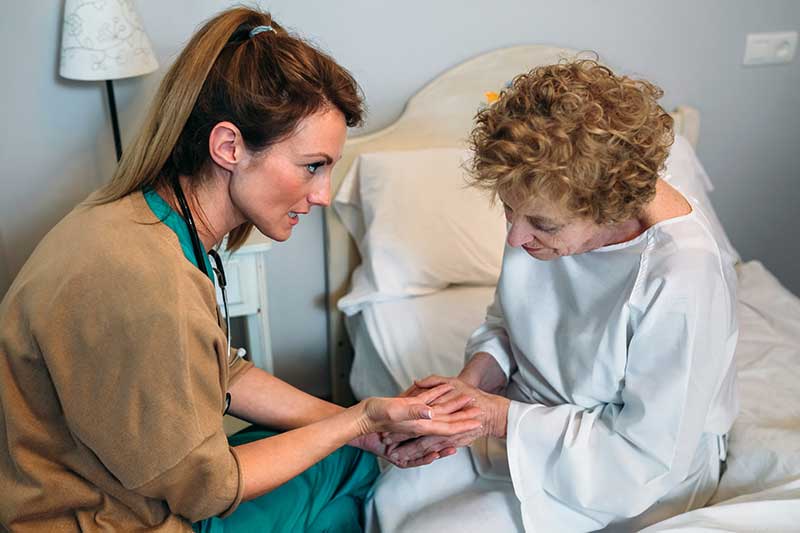A good night’s sleep is just as important for our health as a balanced diet and frequent exercise, especially as we become older. However, sleep patterns frequently shift in older persons, resulting in worse sleep quality and quantity. Conditions such as insomnia, sleep apnea, and restless leg syndrome (RLS) become more common, affecting general health and well-being. Understanding and treating these sleep disorders can dramatically enhance the quality of life for seniors.
The Value of Sleep for Seniors
Sleep is essential for maintaining physical health, emotional well-being, and cognitive performance. It promotes body repair, memory consolidation, and mood regulation. Quality sleep for seniors is associated with enhanced focus and memory formation, faster recovery from sickness, and a lower risk of chronic illnesses such as obesity, diabetes, and cardiovascular disease.
Common Sleep Disorders among Seniors
- Insomnia refers to difficulties falling or staying asleep. It is the most common sleep disturbance in older persons, frequently caused by stress, underlying health disorders, drugs, or poor sleep patterns.
- Sleep apnea is defined by breathing pauses during sleep, resulting in frequent awakenings and low oxygen levels. This illness poses a major health risk, increasing the likelihood of high blood pressure, heart disease, and stroke.
- Restless Leg Syndrome (RLS) is characterized by painful sensations in the legs and an insatiable desire to move them, particularly during periods of inactivity or sleep. RLS can drastically interrupt sleep, causing daytime weariness and mood swings.
Strategies for Enhancing Sleep Quality
- Maintain a regular sleep schedule. Going to bed and getting up at the same time every day can help regulate your internal clock and enhance your sleep quality.
- Create a Restful Environment: Make sure your bedroom is quiet, dark, and at a suitable temperature. Consider employing white noise machines and blackout curtains to create the ideal sleeping environment.
- Limit Stimulants: Avoid caffeine and nicotine, especially in the hours going up to bedtime, since they can impair your ability to fall asleep.
- Exercise Regularly: Moderate, regular exercise can help you fall asleep faster and sleep deeper, but avoid exercising close to bedtime because it may have the reverse impact.
- Manage Stress: Deep breathing, meditation, and moderate yoga before bed can all help you relax and sleep better.
- Seek expert Help: If your sleep disturbance persists, you should visit with a healthcare expert. Cognitive-behavioral therapy, medication, and lifestyle changes tailored to the individual’s needs are all possible treatments.
The Effect of Sleep Disorders on Health
Untreated sleep disturbances can have serious consequences for a senior’s health, including an increased risk of falling, reduced cognitive function, and susceptibility to mental health problems such as depression and anxiety. Furthermore, persistent sleep deprivation is associated with major health issues such as heart disease, diabetes, and stroke.
Addressing sleep issues in seniors is critical for their overall health, well-being, and quality of life. Seniors can benefit from a good night’s sleep if they recognize the common sleep issues that afflict them and practice techniques to overcome them. Remember that when it comes to sleep, quality is equally important as quantity. With the correct technique, seniors can address sleep issues head on, opening the way for healthier, happier golden years.













